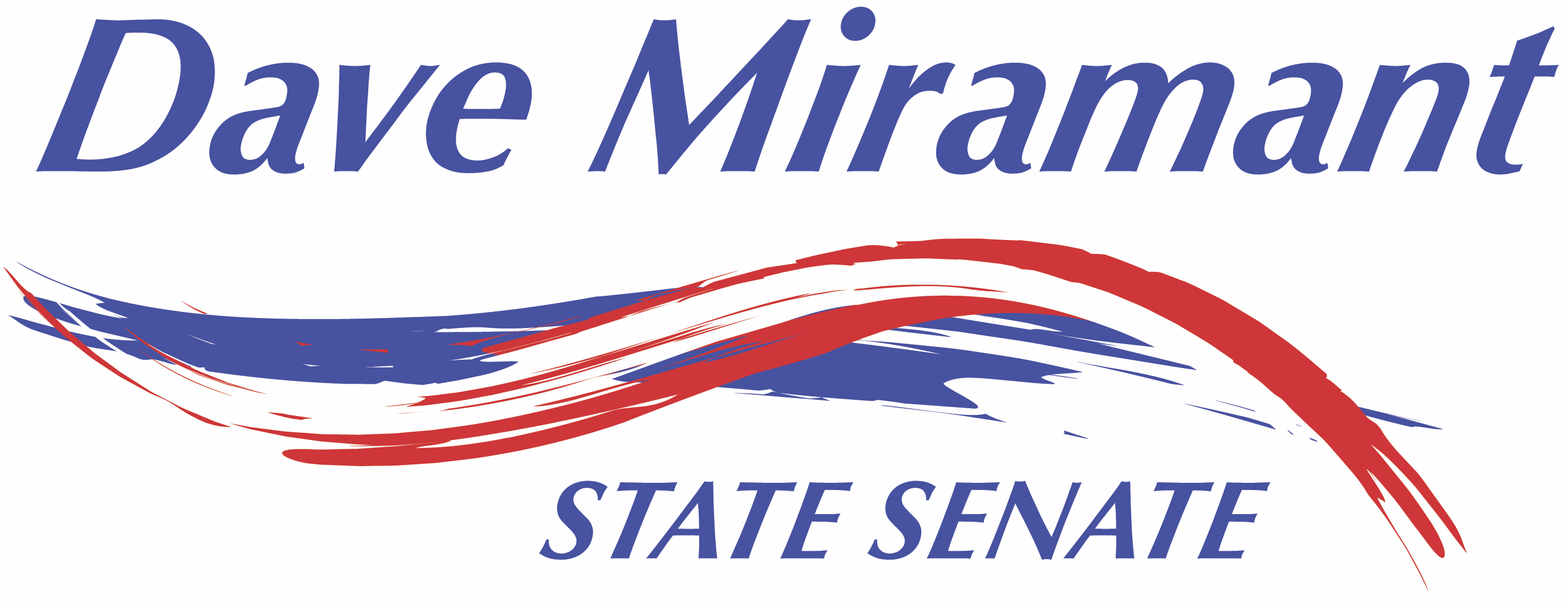.A group of about 20 lobster fishermen in Tenants Harbor are making waves this summer as they embark on a brand-new business model that gets their catch to customers faster than ever before and puts more money in their own pockets.
The members of the newly formed Tenants Harbor Fisherman’s Co-Op expect to land half a million pounds of lobster this year. They’ve entered a deal with Luke’s Lobster Shack in which the restaurant guarantees it’ll buy every single pound.
The co-op shares the cost of maintaining and staffing the dock, and its members reap higher profits by cutting out the middleman of distributors and dealers. That extra cash then gets reinvested in the local economy.
For Luke’s and for the co-op’s members, it’s a win-win bargain. Both sides of the deal thought outside the box, and they — along with the local economy — will be better off for it.
That kind of creativity is crucial as our commercial fisheries look toward the future.
All told, there are about 1,600 harvesters of lobster, seaweed, herring and other ocean products here in our communities. The ocean has sustained generations and generations of Maine families in Knox County. Those men and women who earn a living on the sea connect us to our heritage, and are a linchpin not only of our regional economy, but of the state’s economy as a whole.
Maine’s total commercial fisheries landings were worth more than $616 million in 2015, and Knox County’s fisheries were the No. 2 most-productive in the state, in terms of both volume and cash value. In fact, three of the top 10 most valuable ports are here in our own backyards — in Vinalhaven, Friendship and Rockland.
The bounty available in the Gulf of Maine is one of our state’s greatest advantages. Its value is derived not only from the price it catches on the open market, but from the reputation bestowed upon Maine by its globally renowned industry of small processors and independent fishermen.
Maine’s brand is increasingly tied to its agricultural sector, including our fisheries. As our reputation for high-quality, flavorful, local food continues to grow and win attention all over the world, our fisheries and the men and women who work them are poised to become an even more critical piece of our economy.
That’s why at the state level, we must do everything we can to ensure the sustainability, strength and value of our ocean industries.
First and foremost, we must prioritize the protection of our oceans from the harmful effects of climate change. That means getting serious about ocean acidification, CO2 emissions and nutrient runoff from the mainland.
Second, we have to conserve as much of our working waterfront as we can. Maine’s increasing reputation as a destination for visitors from around the world means more and more pressure on coastal development. Programs like Land for Maine’s Future have been successful in retaining our working waterfronts, and are crucial to supporting this industry.
Third, we should encourage the kind of creative thinking and entrepreneurship in the industry exemplified by the Tenants Harbor Fisherman’s Co-Op. That means doing something about the years-long wait lists for licenses that have kept too many enthusiastic, eager Mainers out of the water. The Legislature began to address this issue this year, but we need to do more to ensure that the Mainer with the next great idea to support our fisheries isn’t frozen out because of bureaucracy.
With the right policies and a concerted effort at all levels — from Augusta all the way to the coast — we can continue to make Maine’s fisheries a key driver of our state’s economy. That would bring even greater prosperity to the men and women who carry on the traditions of our fishing communities.
